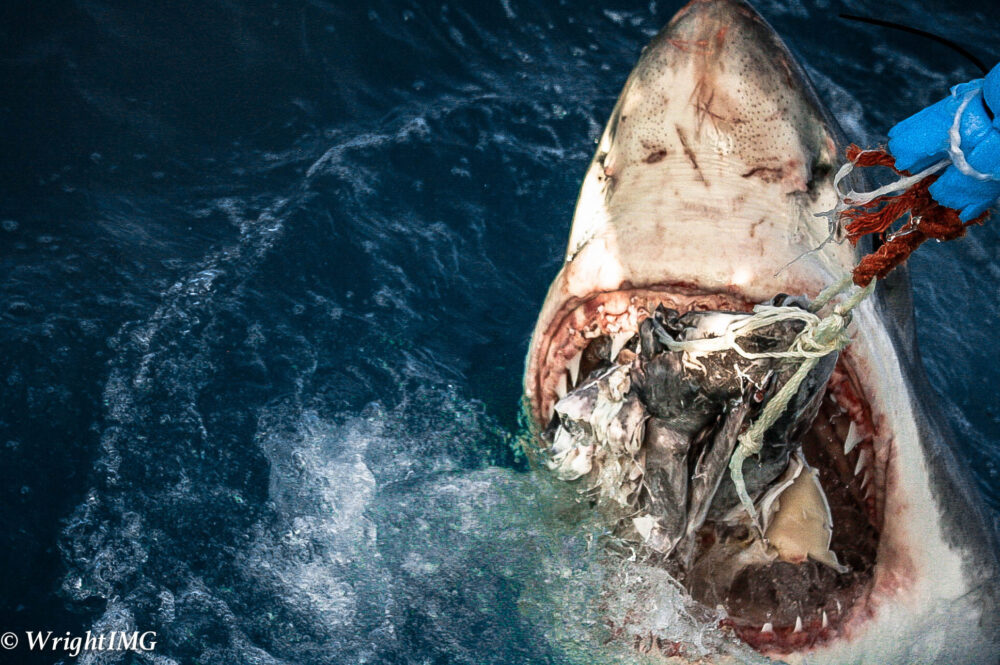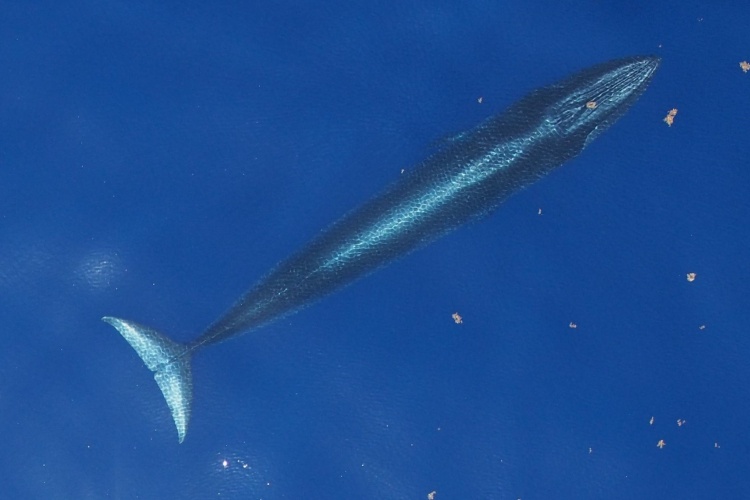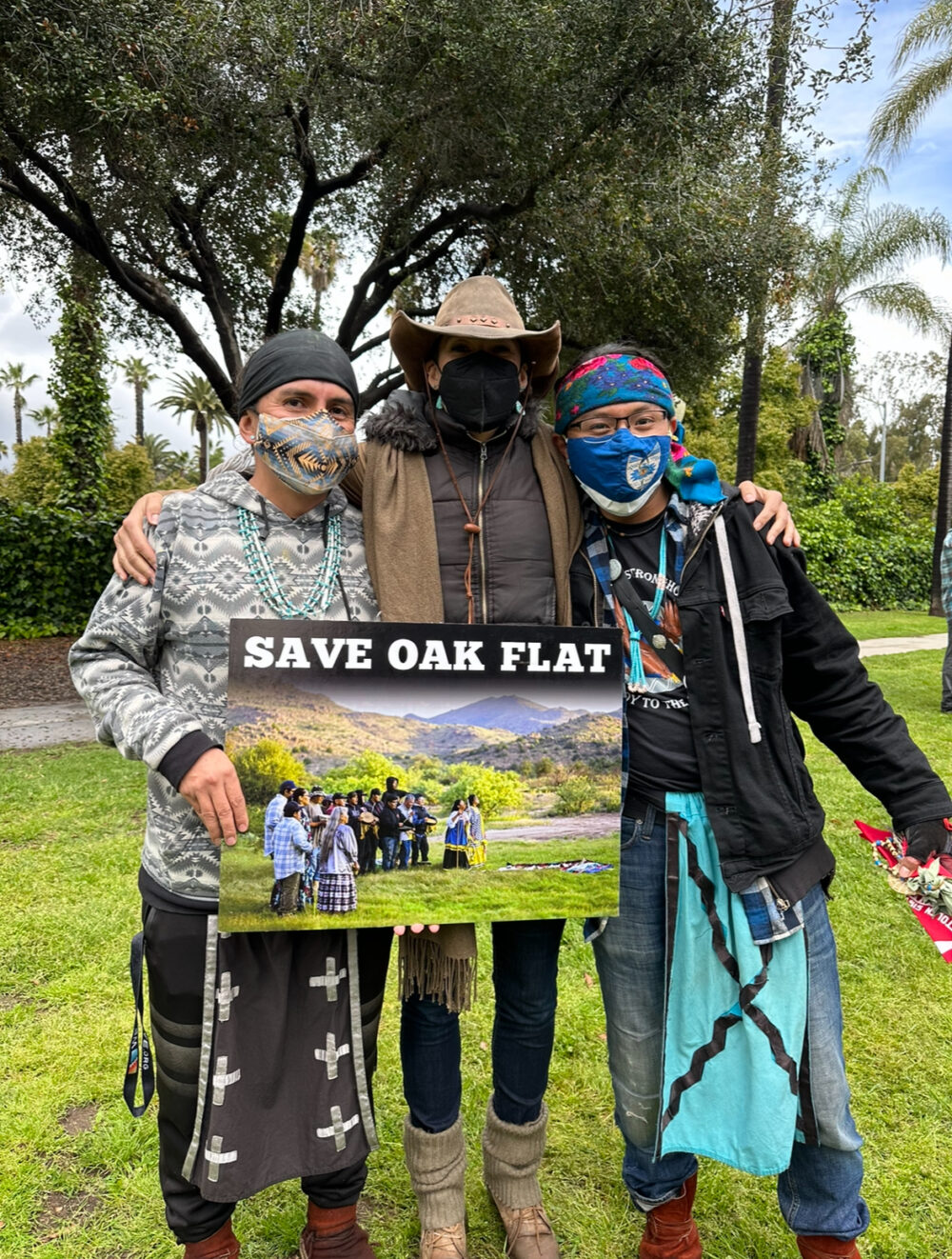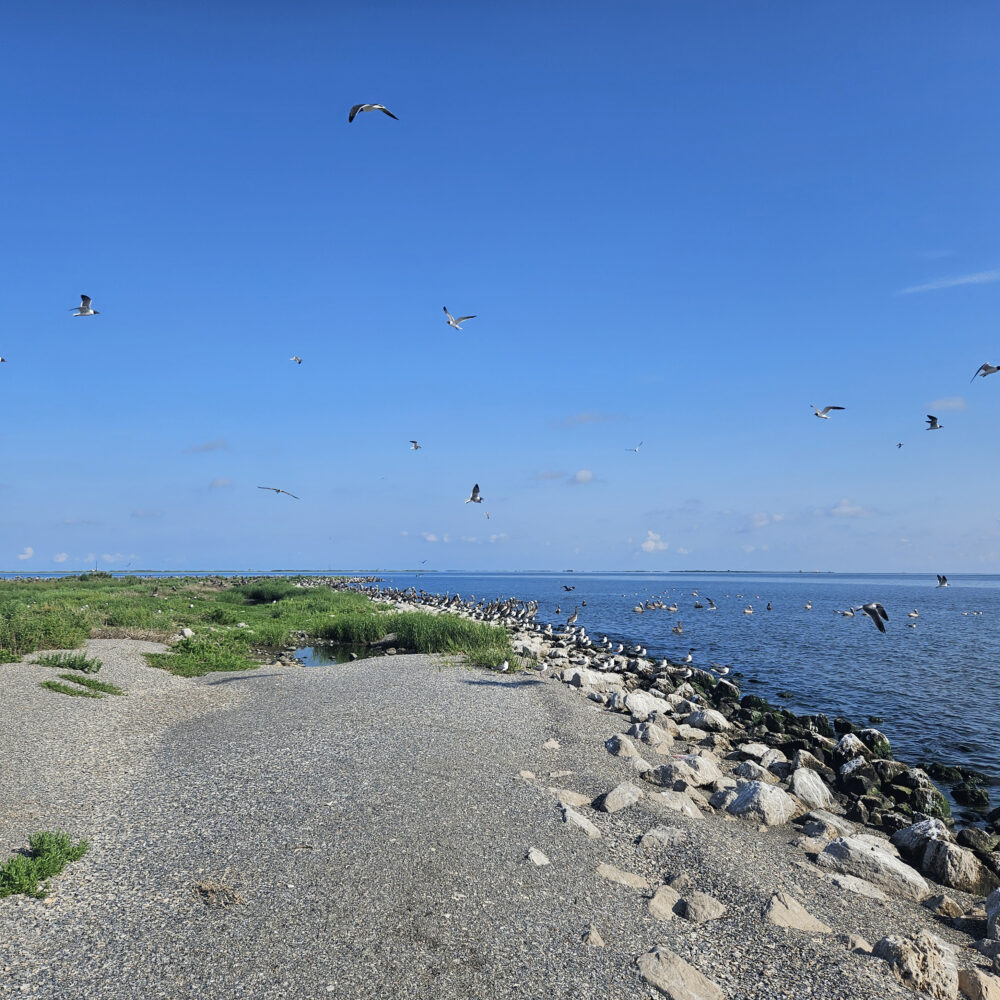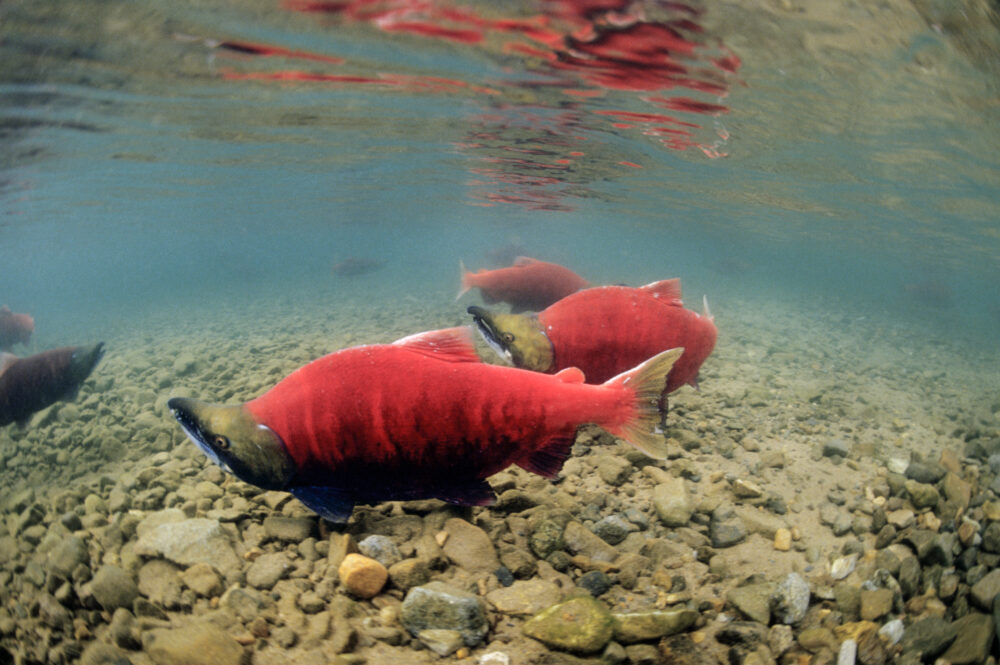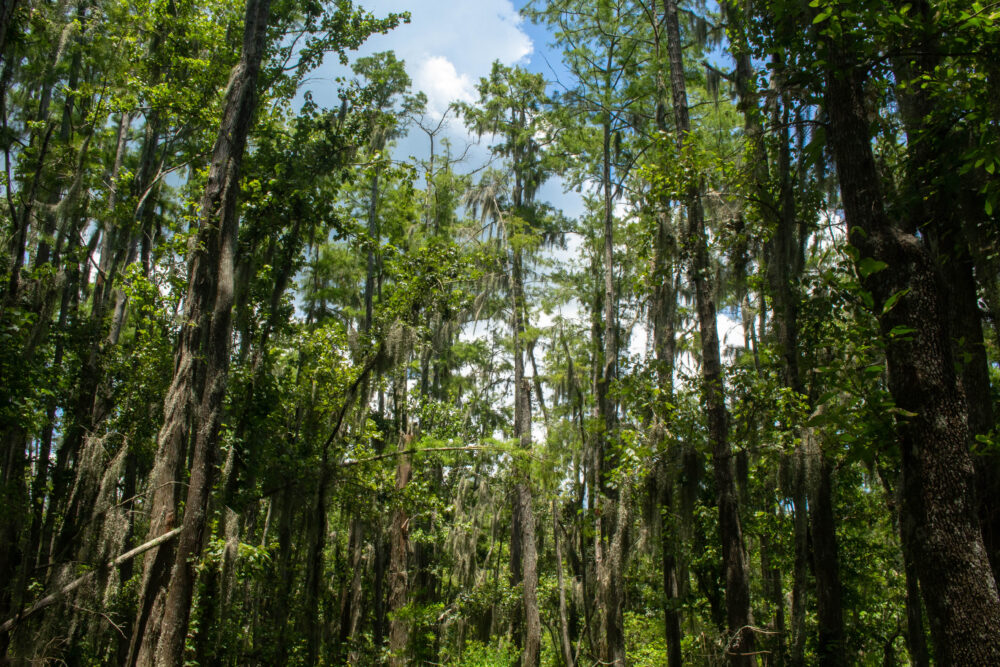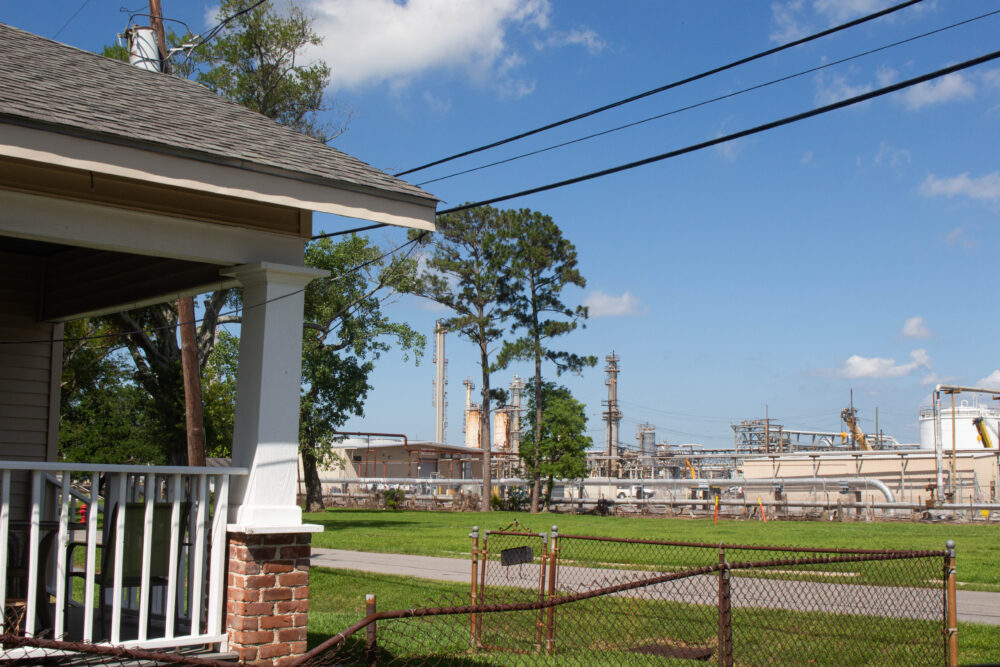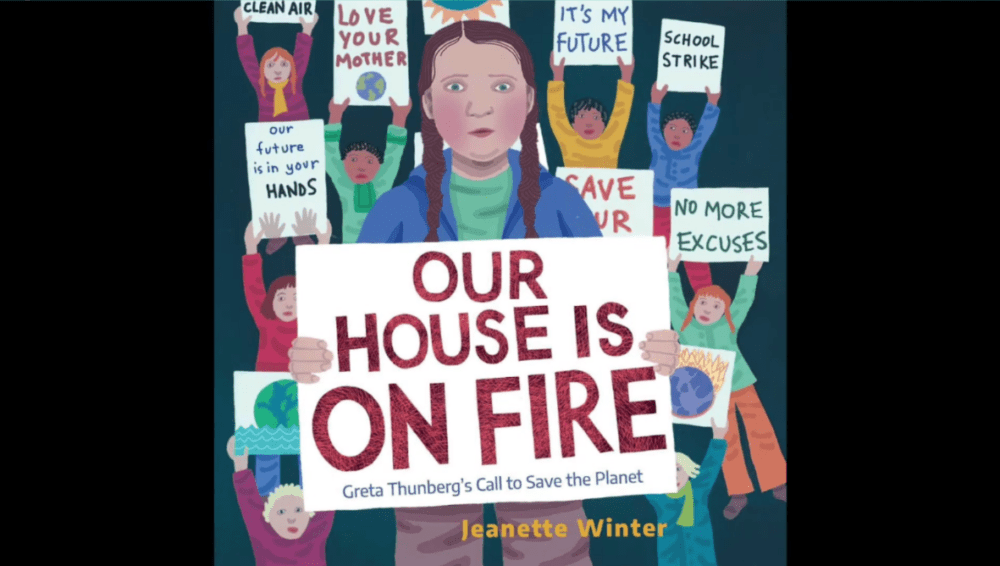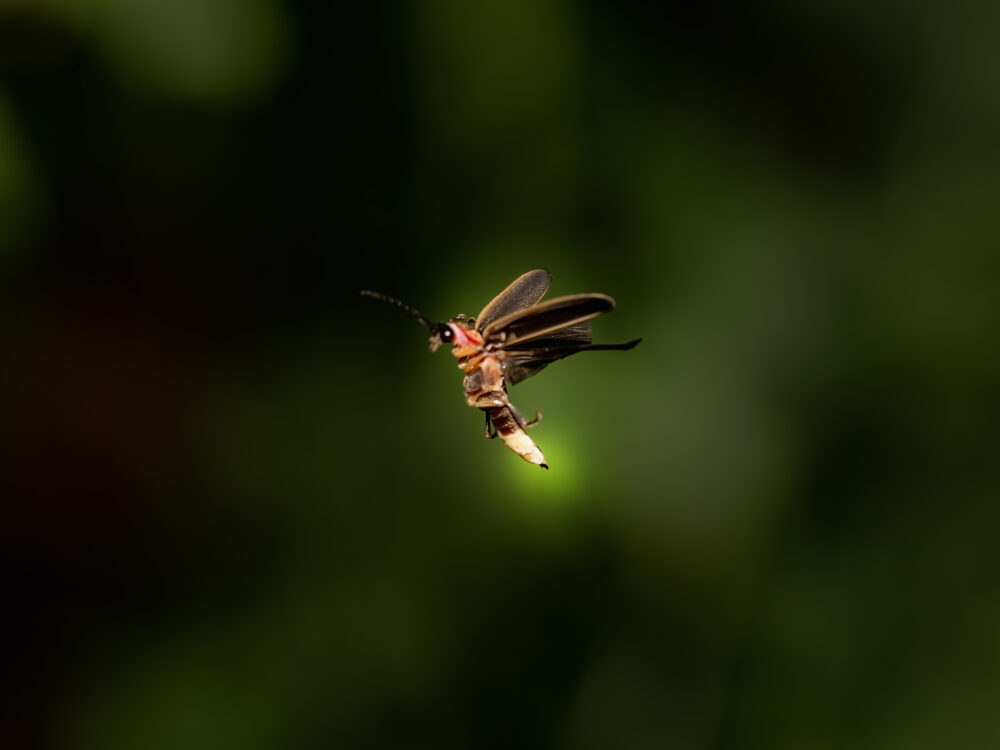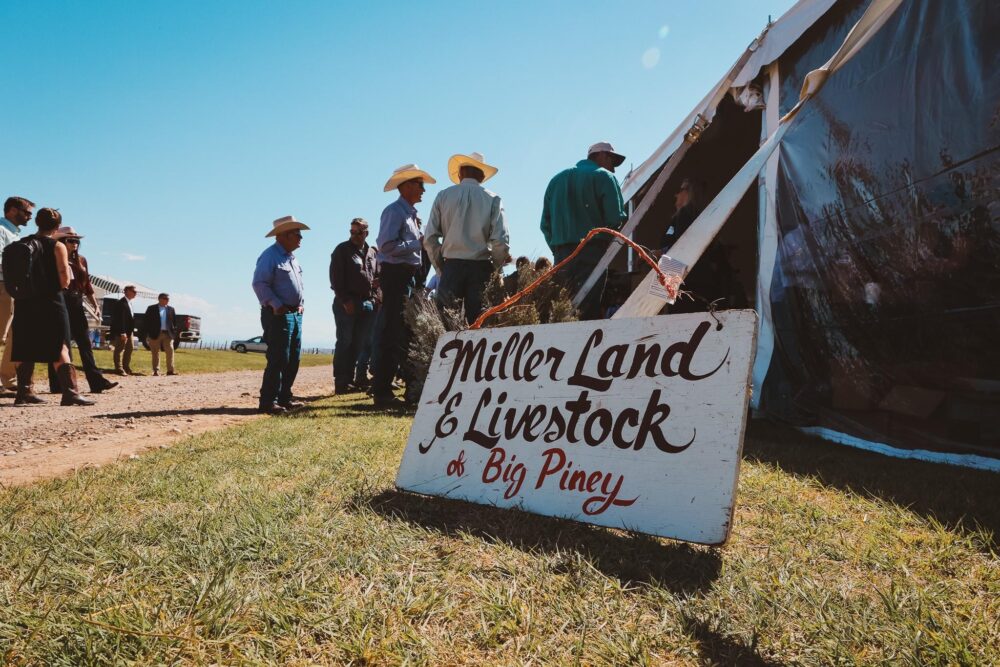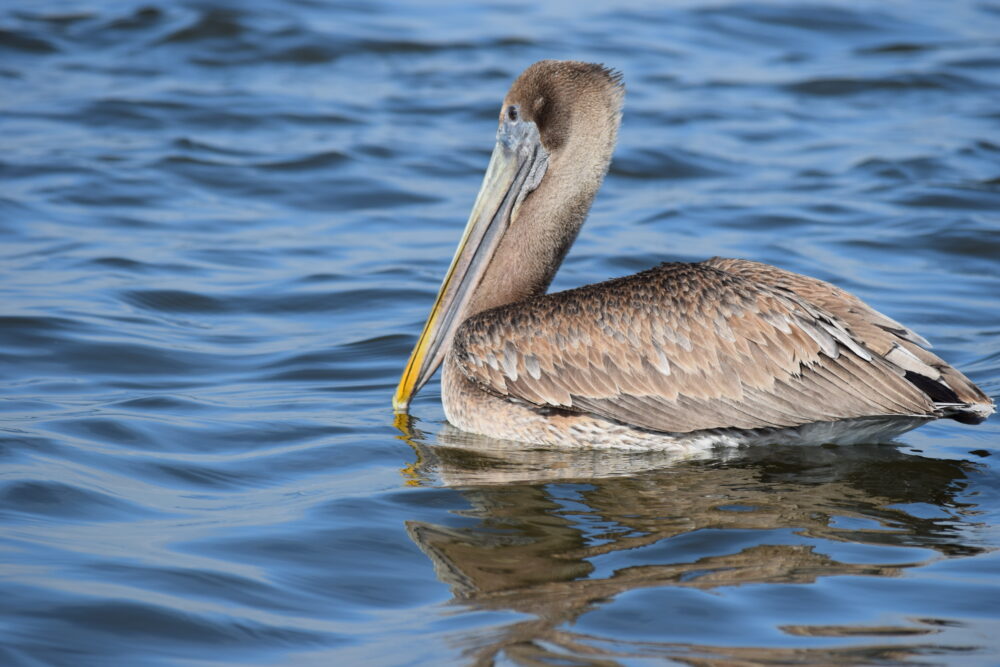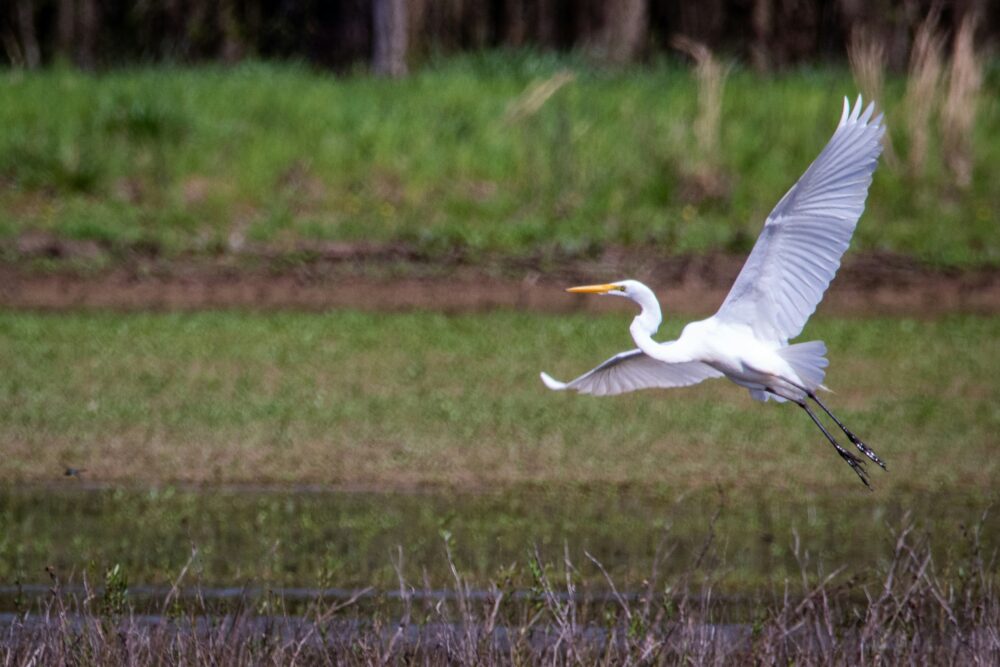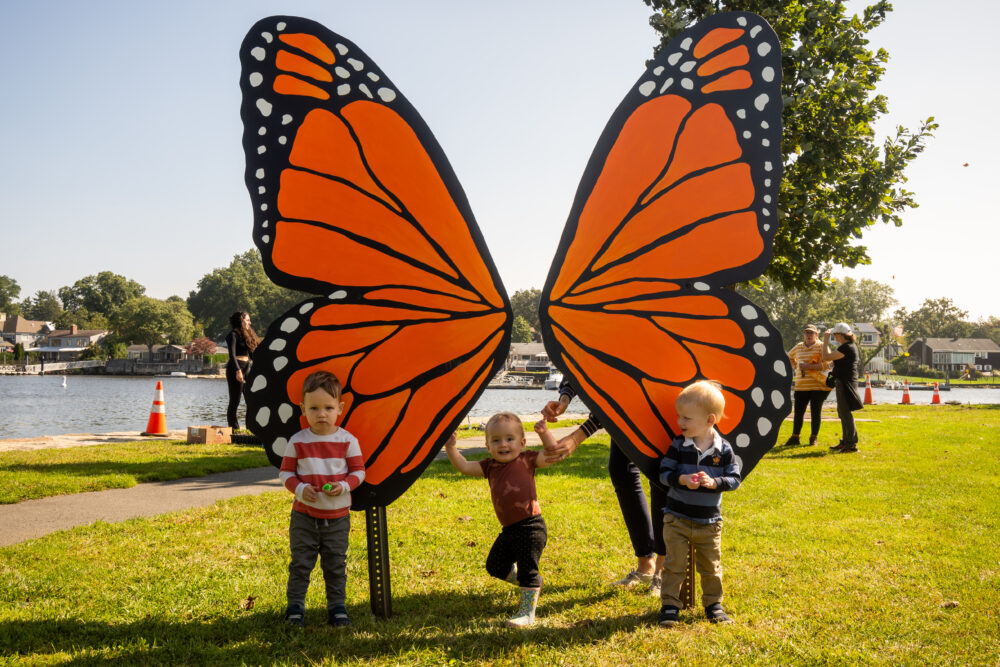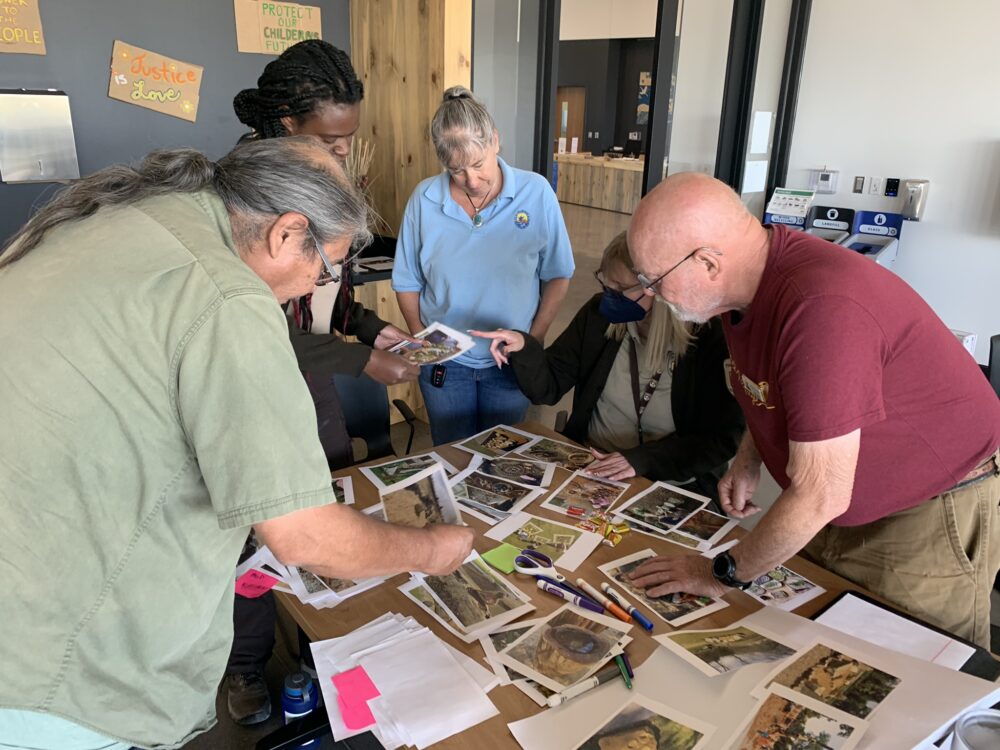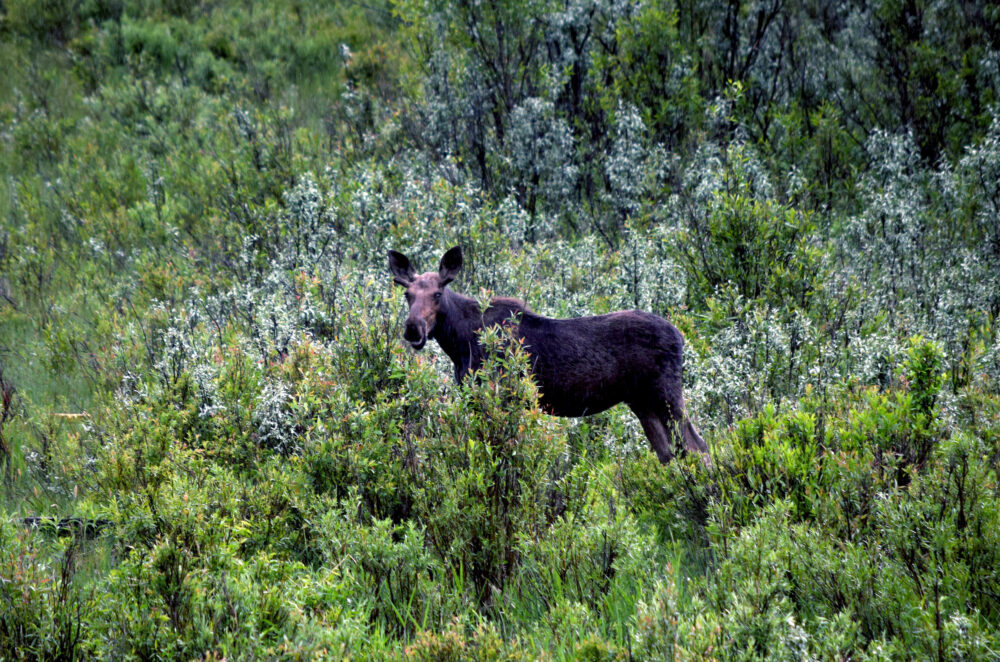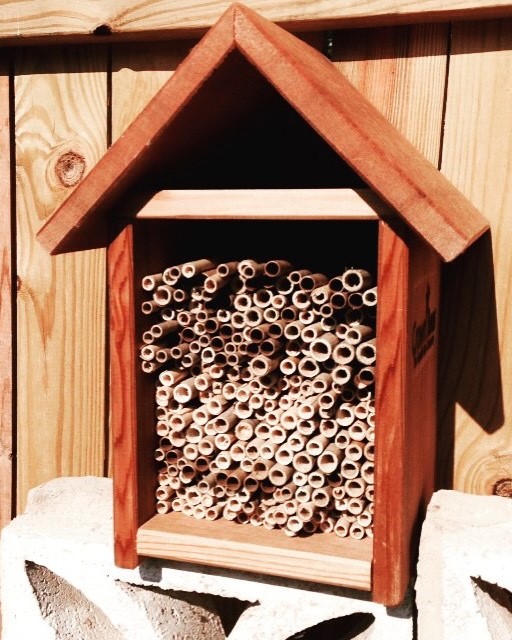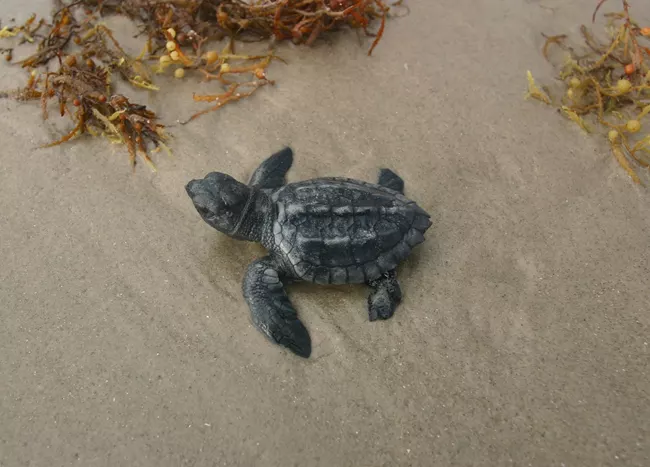We have much more to do and your continued support is needed now more than ever.
Unilever Protects Wildlife Habitat through RSB Certification
Last week, Unilever announced that any product certified by the Roundtable on Sustainable Biomaterials (RSB) will be considered to be “sustainably sourced” according to their corporate standards. This step helps to simplify the assessment of sustainability of Unilever’s supply chain and reduces the direct costs of sustainable sourcing. Through their sustainability sourcing with RSB’s eco-label, Unilever aims to both protect wildlife habitat and reduce carbon pollution.

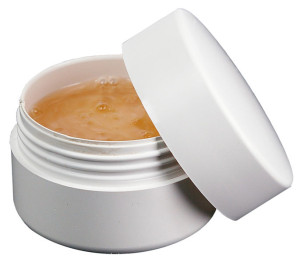
Large companies such as Unilever have supply chains that are global and diverse in nature, making it extremely difficult to account for the raw materials that end up in a final product. All too often, these materials may come from areas that were recently deforested to make way for agricultural land, for example soy and palm oil plantations, or cattle pasture. By adopting RSB certification as an assurance of sustainability, Unilever supports a growing market for biofuels and biomaterials that live up to strong and globally recognized environmental and social standards. RSB certification also eliminates the need for Unilever to assess the sustainability of these products on their own, and therefore reduces costs.
Unilever recently adopted a “Sustainable Living Plan” to assess the sustainability of their own supply chains; now they are looking not just at their environmental impact, but also the impacts of their products on local communities’ health and general livelihoods.
NWF’s Tropical Forests and Agriculture team works with multi-stakeholder initiatives, such as the RSB, to reduce deforestation from large-scale commodity agriculture for corporate supply chains.

